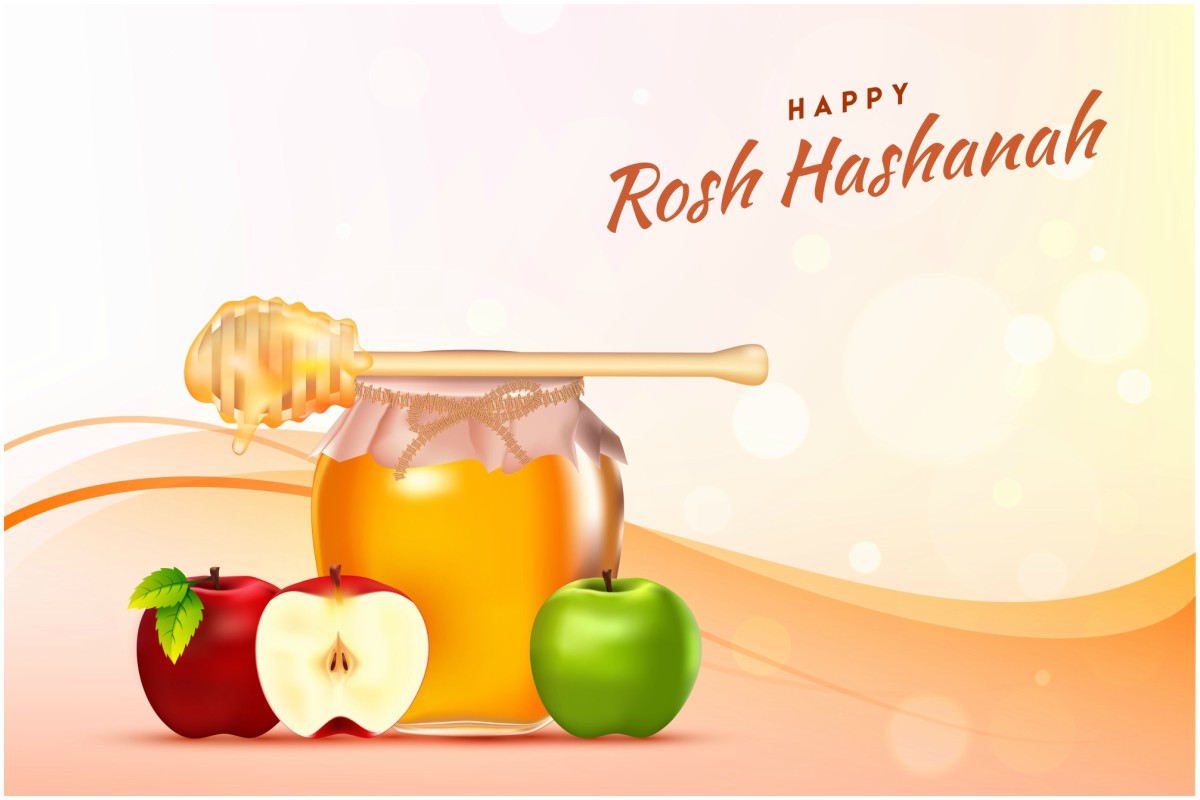Rosh Hashanah is the Jewish New Year which translates to ‘head of the year’. This year, the festival began in the evening of Sunday, 29 September and will end on the evening of 1 October 2019.
The Jewish New Year coincides with the autumnal equinox.
Advertisement
The New Year is hailed with the blowing of the shofar (ram’s horn). The Book of Leviticus in the Bible says, “It is a sacred occasion commemorated with loud blasts (of the horn)”.
Rosh Hashanah marks the beginning of the civil year and is the traditional anniversary of the creation of Adam and Eve, the first man and woman according to the Hebrew Bible.
Rosh Hashanah is rabbinical as are the formidable themes of the festival ~ repentance, preparation for the Day of Judgement and prayers for a fruitful year. The major customs of the two-day festival, besides the sounding of the shofar, include elaborate meals, prayers of repentance and the recitation of the Hallel, a collection of blessings and psalms. Eating of symbolic food such as apples dipped in honey, hoping to evoke a sweet new year, is part of the tradition.
Yom Kippur, eight days after Rosh Hashanah is the day of atonement and self-denial. Five days after it falls Sukkot, the feast of the Tabernacles, which celebrates the exodus from Egypt and the thanksgiving for a bountiful harvest.
The Embassy of Israel in India wished all Rosh Hashanah in a special way on social media.
They wrote, “TodayJews around the world are celebrating the Jewish new year #RoshHashanah What to wish them in Hebrew?”











